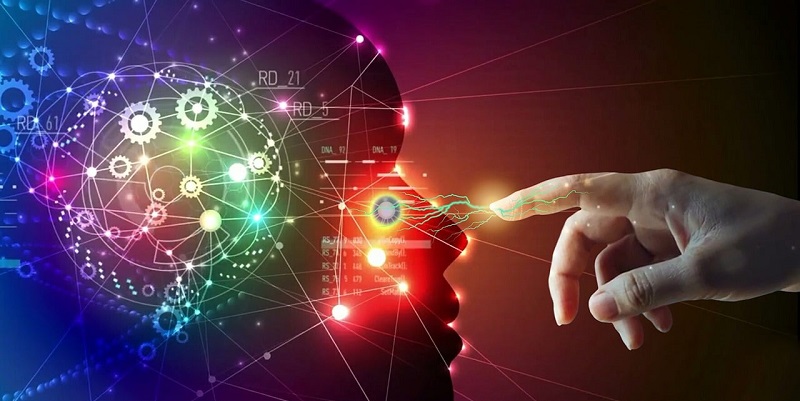Artificial Intelligence (AI) has emerged as a transformative technology that has the potential to revolutionize the way we live, work, and interact with the world. With its rapid advancements, the AI revolution is already reshaping various industries and holds boundless potential for transforming the future of humanity.
The Impact of AI in Various Industries
The AI revolution is transforming industries across the board, whether it is healthcare, education, finance, or manufacturing. AI’s transformative nature is undeniable. Real-life examples include the use of AI in healthcare to assist in diagnosing diseases and developing personalized treatment plans. AI algorithms can analyze vast amounts of patient data to identify patterns and make accurate diagnoses, revolutionizing the field of medical diagnostics.
AI in Healthcare
AI is revolutionizing healthcare by providing incredible advancements in disease diagnosis and treatment. With AI algorithms, doctors can analyze medical images and detect early signs of diseases, like cancer, saving lives through early intervention. Furthermore, AI can help develop personalized treatment plans based on an individual’s genetic makeup and medical history, leading to more effective and tailored healthcare interventions.
AI in Education
In the field of education, AI is making significant strides in providing personalized learning experiences. AI-powered educational software can adapt to individual students’ needs, helping them learn at their own pace and style. Additionally, AI can provide valuable insights to teachers, enabling them to understand students’ performance and learning needs better. This empowers teachers to address any gaps and provide targeted support, ultimately enhancing the learning outcomes for students.
AI and Innovation
One of the key advantages of AI is its ability to accelerate research and development processes across industries. AI algorithms can analyze vast amounts of data, identify trends, and generate insights that humans might have missed. This fosters innovation by providing researchers with valuable guidance and shortening the time it takes to make breakthroughs. From drug discovery to material science, AI is revolutionizing the pace at which industries innovate and make advancements.
AI and Predictive Analytics
AI’s predictive analytics capabilities are invaluable in making informed decisions and anticipating future trends. By analyzing past data and identifying patterns, AI algorithms can predict future outcomes with high accuracy. This enables businesses to make more strategic decisions, such as forecasting demand, optimizing supply chains, and identifying emerging trends. With AI’s predictive capabilities, companies can stay ahead of the curve and effectively adapt to changing market dynamics.
Ethical considerations in AI
As AI becomes increasingly integrated into our lives, ethical considerations become paramount. Discussions around privacy, data security, bias in AI algorithms, and the impact of AI on job displacement must take place. Ethical frameworks and regulations need to be established to ensure AI is used responsibly and for the betterment of society. With proper governance, AI can be a powerful tool for positive change.
AI and Sustainability
AI has emerged as a powerful ally in addressing climate change and promoting sustainability. From optimizing energy consumption to managing waste, AI applications can help make industries more environmentally friendly. For instance, AI algorithms can analyze energy usage patterns and identify opportunities for energy conservation. Additionally, AI can be utilized in fields like agriculture and transportation to optimize resource allocation and reduce environmental impact. By harnessing AI’s capabilities, we can make significant progress in creating a sustainable future.
AI and the Job Market
The AI revolution raises questions about the future of work and its impact on the job market. While AI may automate certain tasks, it also creates new opportunities and increased demand for skilled professionals in AI-related fields. However, there is a need to reskill and upskill the workforce to adapt to the changing job market. Policies and initiatives that promote lifelong learning and ensure a just transition for workers are crucial in maximizing the benefits of AI and minimizing any negative impacts.
The AI revolution is already reshaping industries and has the potential to transform humanity’s future. From transforming healthcare and education to fostering innovation and addressing climate change, AI offers boundless potential for positive change. However, it is essential to approach AI integration with careful consideration of ethical implications and ensure inclusive policies that mitigate any negative impacts. By harnessing the power of AI responsibly, we can shape a future that benefits all of humanity.

